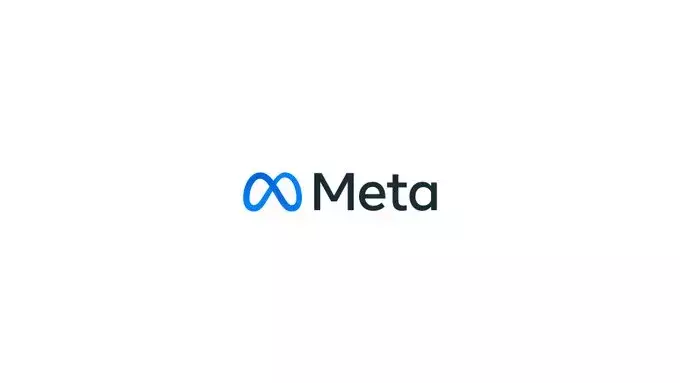In an age where user data privacy is paramount and companies constantly update their legal jargon, Meta has introduced some modifications to its Terms of Service and Community Standards. Amid growing scrutiny regarding data privacy and platform misuse, these updates signal a step toward clarity and user understanding, albeit with implications that warrant closer examination.
Meta’s revisions open by emphasizing a crucial point: by engaging with its various platforms, users are entering a contractual relationship with Meta Platforms, Inc. The statement is simple yet significant. It highlights the necessity for users to acknowledge that their interactions with services like Facebook, Instagram, and Messenger come with responsibilities and agreements. While this concept is not new, the added emphasis on this clause underscores the legal binding nature of user interactions and serves as a reminder for users to understand the terms they are accepting.
The explicit statement “If you do not agree to these Terms, then do not access or use Facebook or the other products…” strengthens the notion of agency on the part of the user. It demands that individuals confront their choice to engage with Meta’s platforms rather than blindly agree. This perspective is vital, as it shifts some accountability onto users, challenging them to comprehend what they are consenting to rather than leaving them to navigate convoluted legalese.
Another notable feature of Meta’s updates is the refined language around misuse of its platforms, particularly regarding data scraping. The updates not only outlaw unauthorized data access but emphasize that being logged into a Facebook account does not grant users a blanket permission to collect data. This refinement is essential, especially as it directly addresses common legal defenses leveraged in cases of data scraping, thereby tightening the company’s stance on unauthorized access.
The inclusion of clear prohibitions against circumventing Meta’s protection measures is also significant. By outlining these limitations, Meta aims to reinforce security protocols and underscore the importance of adhering to its terms. This clarity is a vital step for users, but it also reflects a broader trend in corporate law where companies preemptively safeguard their interests against potential misuses of data by clarifying behavioral expectations.
One particularly interesting aspect of the updated terms is the more detailed explanations surrounding the use of Avatars and AI products. By specifying that separate terms related to these features apply, Meta ensures users are informed about how their personal data—like selfies or discussions with AI—may be utilized. While users may see these terms as typical legal requirements, the increased transparency regarding the use of personal data is crucial.
As technology evolves, particularly with AI’s growing influence, companies must articulate how they utilize user inputs. Meta’s articulation of supplying data to third parties, like search engines, highlights the intricate balance between providing enhanced user experiences and maintaining user privacy. This transparency is key in building user trust, as consumers gravitate toward services that openly communicate how their data is managed.
While the update to Community Standards does not introduce new rules, it merges existing standards for various platforms into a singular, easily navigable document. This consolidation reflects a necessary shift toward user-friendly access to important guidelines governing platform interactions. With Meta’s diverse ecosystem of services, users often became overwhelmed by various standards. Centralizing these guidelines ensures users can efficiently access and understand the rules governing their conduct across different platforms.
Overall, while Meta’s updates primarily consist of clarifications and restructuring, their impact is substantial. The emphasis on user agency, stringent prohibition against data misuse, and clear communication regarding Avatars and AI signify a commitment to transparency and accountability.
These changes compel users to consider their engagement with the platforms more thoughtfully. In a landscape marked by persistent debates about privacy and data usage, these updates not only clarify user responsibilities but also enhance the company’s legal defenses. As societal expectations for data privacy evolve, Meta’s actions are reflective of a larger trend among tech companies aiming to strike a balance between operational needs and consumer rights.
These updates present a unique opportunity for users and companies alike to recalibrate their understanding of digital interactions in an increasingly complex digital environment.

